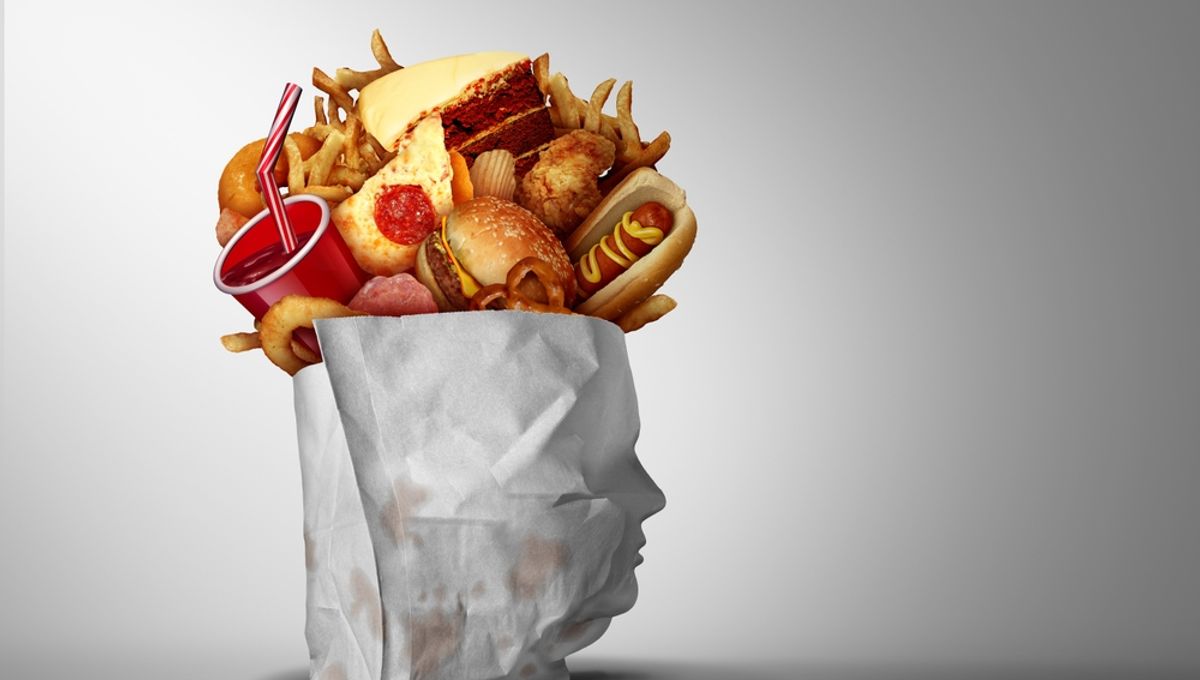
Ultra-processed foods are so harmful to health that they should be sold carrying tobacco-style warnings, according to the epidemiologist who coined the term.
“UPFs [Ultra-processed foods] are increasing their share in and domination of global diets, despite the risk they represent to health in terms of increasing the risk of multiple chronic diseases,” Carlos Monteiro, a professor of Nutrition and Public Health at the University of São Paulo, told the Guardian.
“[They] are displacing healthier, less processed foods all over the world, and also causing a deterioration in diet quality due to their several harmful attributes,” he said. “Together, these foods are driving the pandemic of obesity and other diet-related chronic diseases, such as diabetes.”
Speaking at the International Congress on Obesity 2024 this week, Monteiro warned that ultra-processed foods, or UPFs, are now so prevalent, and so impactful upon human health, that their sale and consumption should be heavily restricted, with “front-of-pack warnings […] similar to those used for cigarette packs” introduced for offending foodstuffs.
On the face of it, the idea seems logical – albeit a bit drastic. UPFs really have overtaken the diets of many in the West, with more than half of the average diet in the US and UK comprising this type of food. They increase the average calorific intake of those who eat them – even when compared to unprocessed diets which have been matched for salt, fat, and sugar content – and have been linked to dozens of harmful effects on the body, including an increased risk of heart disease, various cancers, diabetes, and can even reduce your mental health.
So Monteiro’s argument that UPFs should be treated as a public health hazard, similar to tobacco products, is not without merit. “Both tobacco and UPFs cause numerous serious illnesses and premature mortality; both are produced by transnational corporations that invest the enormous profits they obtain with their attractive/addictive products in aggressive marketing strategies, and in lobbying against regulation; and both are pathogenic (dangerous) by design,” Monteiro pointed out. “Reformulation is not a solution.”
But some have called the banning or restriction of UPFs overly simplistic. For one thing, the kinds of food that would be affected by such a move might surprise you: while it sounds dramatic, the term “ultra-processed” really only describes food which comprise multiple ingredients with additives – so, yes, the fast-food hamburger meal that you’re thinking of counts, but so does baby formula, fruit yogurt, and even store-bought bread.
The consumption of UPFs is also highly skewed towards those in poverty. “We already know that consumption of ultra-processed foods and snacks high sugar are associated with rising rates of obesity. We also know that there are socioeconomic disparities in health and diet,” noted Paul Coleman, Honorary Senior Research Fellow at the Centre for Food Policy, City, University of London, and Senior Public Health Registrar at Leeds Teaching Hospital NHS Trust, back in November 2023.
For these parents, more labeling would not be useful: “they know [UPFs] are bad for their child’s health,” Coleman said – but they have “little option but to buy these unhealthy options […] The low-cost and long-shelf of unhealthy snacks make them the most logical option, despite parents wanting to make healthy purchases.”
Equally, while Monteiro draws a comparison with tobacco products, other scientists reject the analogy: “There is no such thing as a safe cigarette, even second-hand, so banning them is relatively straightforward in that the health case is very clear,” Hilda Mulrooney, a reader in nutrition and health at London Metropolitan University, told The Guardian.
“However, we need a range of nutrients including fat, sugar and salt, and they have multiple functions in foods – structural, shelf-life – not just taste and flavor and hedonic properties,” she explained. “It is not as easy to reformulate some classes of foods to reduce them and they are not the same as tobacco because we need food – just not in the quantities most of us are consuming.”
The International Congress on Obesity 2024 is running from 26-29 June 2024 in São Paulo, Brazil.
Source Link: Ultra-Processed Foods Should Be Given "Tobacco-Style" Warnings, Scientist Argues